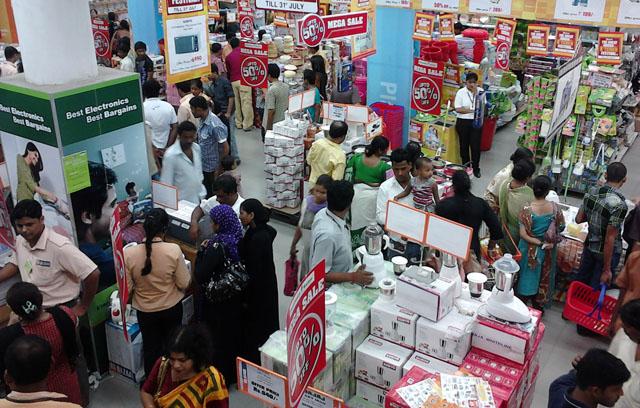You are here
Arab financial institutions’ meeting opens at Dead Sea
By JT - Apr 10,2018 - Last updated at Apr 10,2018

Deputy Prime Minister Jafar Hassan addresses the Joint Annual Meeting of the Arab Financial Institutions at the Dead Sea on Tuesday (Petra photo)
AMMAN — Deputising for His Majesty King Abdullah, Deputy Prime Minister and Minister of State for Economic Affairs Jafar Hassan on Tuesday inaugurated the Joint Annual Meeting of the Arab Financial Institutions.
In addition to the Arab Fund for Economic and Social Development, the financial institutions include the Arab Investment and Export Credit Guarantee Corporation, Arab Monetary Fund, Arab Bank for Economic Development in Africa and Arab Authority for Agricultural Investment and Development.
The event, held on the shores of the Dead Sea, has attracted the participation of Arab ministers of finance and planning and representatives of central banks, the Jordan News Agency, Petra, reported.
During a speech at the inauguration ceremony, Hassan said that the meeting constitutes an important opportunity for consultation, exchanging views, evaluating achievements and enhancing financial institutions’ roles in boosting economic integration and joint Arab action.
The minister highlighted the important role of Arab funds and financial institutions in funding economic and social development programmes in the Arab world, expressing the government’s appreciation for these institutions’ continuous assistance to the Kingdom, mainly in supporting trade and reform plans.
He called for exerting more efforts to address the inadequacy of infrastructures in Arab countries, improve business environments, enhance inter-Arab trade and investment, and unify legislation, and fiscal and economic reform policies.
Slower economic activities and higher unemployment rates, especially among young people and women, along with low competitiveness of Arab economies form pressure factors that affect the living standards and welfare of Arab citizens, which, consequently, requires adopting policies that can increase economic productivity, boost competitiveness and develop the performance of human workforce, he stressed.
The minister noted that Arab countries have been seeking to develop inter-Arab trade through several initiatives and joint Arab economic cooperation programmes, mainly the Greater Arab Free Trade Area, yet cooperation is still below expectation.
Hassan reaffirmed the important role that Arab financial institutions can play to support inter-Arab trade and investment, stimulate growth and provide financial and technical support for entrepreneurs and development projects in the region, especially for small- and medium-sized enterprises.
Related Articles
Jordan on Sunday underlined the significance of speeding up efforts for formulating an Arab Customs Union to boost inter-Arab trade.
AMMAN — Prime Minister Omar Razzaz on Sunday stressed the importance of the deep-rooted and historic relations between Jordan and Kuwait in
AMMAN — Further trade facilitations are crucial for uplifting the efficiency of inter-Arab trade, experts said Wednesday.Speaking at the Fif


















